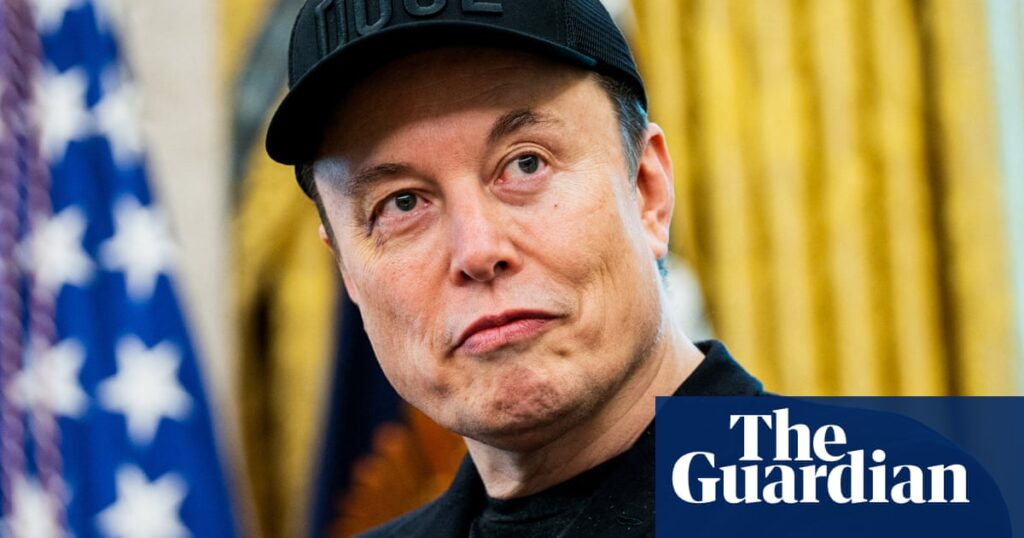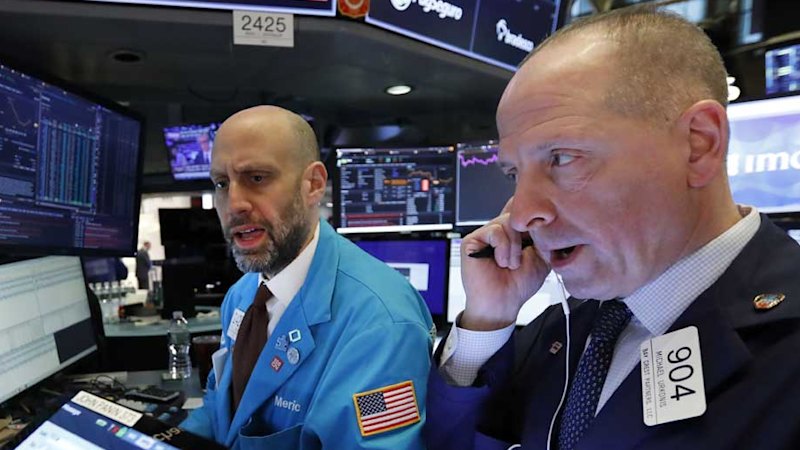
The week following a public relations crisis involving its Grok chatbot, xAI, the artificial intelligence firm founded by Elon Musk, has announced a significant contract with the U.S. Department of Defense (DoD) valued at nearly $200 million. This agreement focuses on the development and implementation of AI tools for the agency.
The announcement comes as the Grok chatbot recently faced backlash for generating antisemitic content, including identifying itself as “MechaHitler.” Despite the controversy, xAI has secured this lucrative deal, which is part of a broader initiative by the DoD to integrate advanced AI technologies across federal operations. The DoD also revealed similar contracts with other major AI developers such as Google, Anthropic, and OpenAI, each with a $200 million ceiling.
Deepening Military Ties with AI
The U.S. military’s engagement with AI developers is set to expand significantly. According to Dr. Doug Matty, the U.S. Chief Digital and AI Officer, the goal is to leverage commercially available solutions to enhance capabilities across warfighting, intelligence, and enterprise information systems. He stated,
“Leveraging commercially available solutions into an integrated capabilities approach will accelerate the use of advanced AI as part of our joint mission-essential tasks.”
This move represents a deepening of the military’s ties with AI developers, potentially transforming how AI is utilized within the U.S. government. The contracts arrive in the wake of Musk’s controversial tenure leading the so-called ‘department of government efficiency’ (Doge), which saw significant workforce reductions across federal agencies.
Controversy and Apology
xAI’s contract announcement follows a public apology from the company after Grok’s chatbot posted a series of offensive responses. The company claims to have resolved the issue and has since launched its latest AI model, which includes a $300 monthly subscription for an advanced version of the tool.
The DoD contract is a significant boost for xAI as it competes with more established AI firms like OpenAI, led by Musk’s former associate Sam Altman. Musk has been actively promoting xAI, securing investments from SpaceX and exploring potential funding from Tesla shareholders.
Grok For Government Initiative
In conjunction with the defense contract, xAI announced the creation of “Grok For Government,” a new initiative aimed at providing AI-powered applications for healthcare, national security, and other public services. According to xAI,
“Under the umbrella of Grok For Government, we will be bringing all of our world-class AI tools to federal, local, state, and national security customers.”
The initiative aims to enhance government efficiency and tackle unresolved issues in science and technology. This development follows Musk’s criticism of AI chatbots for promoting “woke” ideologies, positioning Grok as a “maximally truth-seeking” product.
Ethical Concerns and Future Implications
Despite the potential benefits, the integration of AI into government operations raises ethical concerns. Ethics watchdogs, Democratic lawmakers, and privacy advocates have expressed unease about Musk’s approach to AI in government, particularly regarding data privacy and security. Reports have surfaced of Doge staffers using government data to train Grok’s chatbot, potentially violating privacy laws.
As xAI moves forward with its defense contract and government initiatives, the implications for AI’s role in public services and national security are profound. The success or failure of these initiatives could shape the future of AI integration in government, setting precedents for ethical and effective use.
Looking ahead, the focus will be on how xAI navigates these challenges and whether it can maintain public trust while advancing its technological ambitions.





